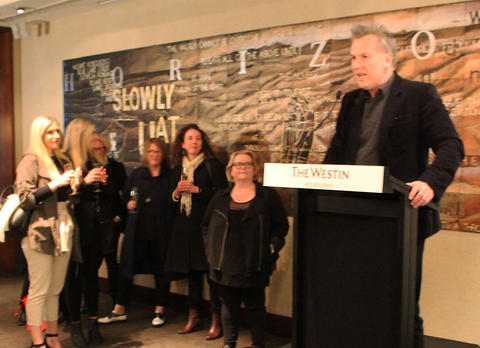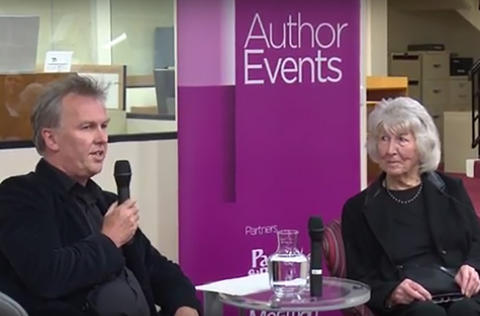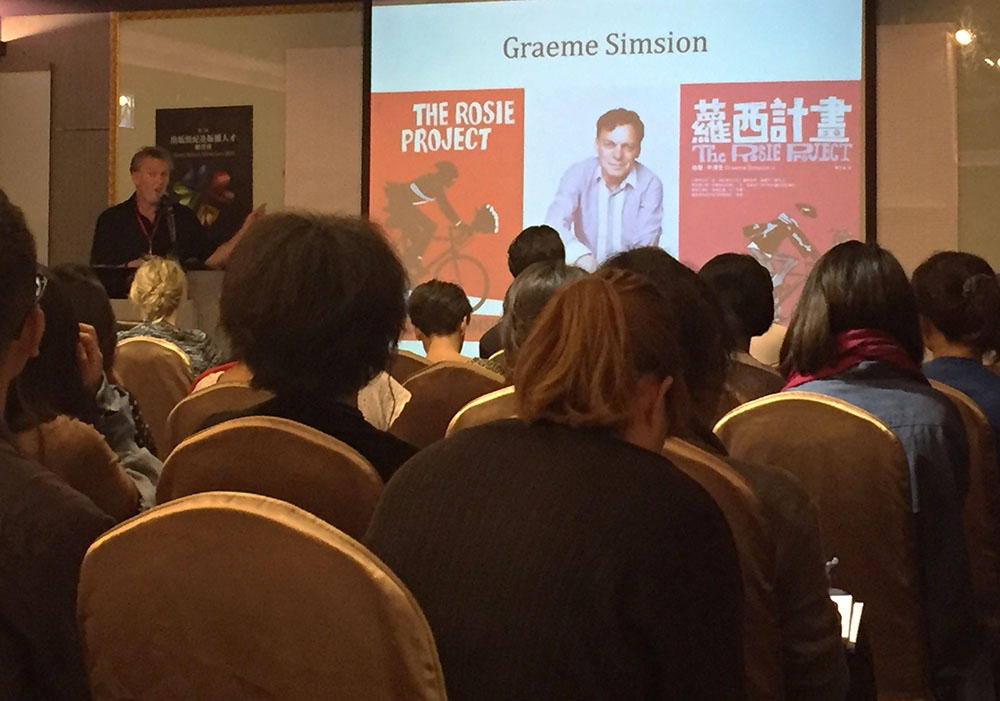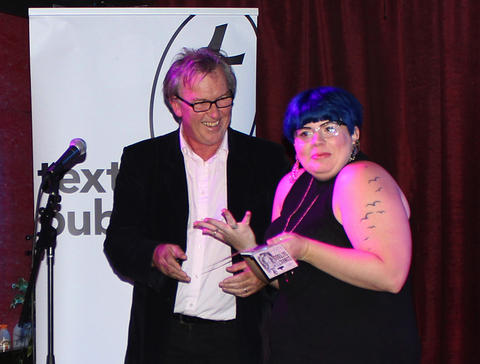Michael Heyward, Text Publisher
I have been working in this industry since 1992. Text, where I work, was founded in 1990 and became an independent publisher in 1994. Twenty-two people work in our office. I have been involved in all of the debates since 1992 about territorial copyright. In my experience, none of the enquiries has come to terms with the cultural value of Australian writing, book retailing or book publishing. Publishing is our greatest cultural success story. What is the value of this success?
I want to limit my presentation to the debate about our parallel importation arrangements. This is a debate about benefits versus costs. Do our territorial copyright arrangements bring benefits? What are they? Do they impose costs? What are they? These are the questions which the Harper inquiry asked. I am surprised to learn that the conclusion of this inquiry is foregone, and that we are dealing only with the question of transitional arrangements. Is the commission not able to discuss the whole issue in three dimensions?

Michael Heyward speaking at the launch of Reckoning by Magda Szubanski
I am also surprised at the suggestion, having been told for twenty-five years that we had to abandon territorial copyright because our prices are too high, that now we ought to abandon territorial copyright because prices are no longer too high. How did prices fall in real terms, not just in foreign exchange terms, in spite of the supposed upward pressure of parallel importation rules (PIRs)? How did prices fall in the context of continued industry success?
The success of our industry is due in my view to the 1991 reforms and the way they balanced the interests of all sectors of the industry, and championed the interests of consumers. The reforms anticipated digital disruption and therefore applied downward pressure to price while encouraging an appetite for risk. You want downward pressure on price and you want appetite for risk.
Our job as publishers is to create and add value by working closely with our writers and our booksellers. The benefits we can bring to the writer also flow through to the bookseller and the consumer. Those benefits include every aspect of the publishing and selling process from editing to book tours.
The consumer wants quality and diversity. The consumer wants competitive prices. The consumer wants cultural value. The consumer wants innovation. Book buyers want to discover new writers. They especially want to discover new writers who hold the mirror up to their own culture. To satisfy consumer demand requires investment, an appetite for risk and comprehensive co-operation with booksellers.

Interviewing literary gem, Elizabeth Harrower
A healthy market is defined by its diversity, by its capacity to encourage competition and by its resilience. We have a healthy market which has absorbed major shocks this century but our job is not yet done.
We have made extraordinary progress but we still have too few publishers in Australia to fully develop the potential of our writers.
The evidence of how much better we are doing is everywhere.
Are books cheaper in real terms?
Are books more widely available?
Is there greater diversity of bookstore ownership and retail culture?
Are more books and authors being published in Australia?
Are more Australian authors being published internationally?
Are more Australian authors becoming international bestsellers and prize winners?
Is the quality of editing and book production and bookselling higher?
Is the market share of Australian books greater now than in 1991?
Has the value of Australian book exports increased?
The answer to all of these questions is yes.
Our company, Text, is the child of the 1991 reforms. Territorial copyright has allowed us to take risks and behave entrepreneurially. Our authors have won just about every prize on the planet but here are some statistics I am especially proud of. One in every two of our debut authors (authors publishing first and second books) is shortlisted for or wins an award. We sell foreign rights for about one in three of those debut authors.

Selling Australian books in Taiwan
We pay our authors more than $4 million dollars in royalties per annum, and almost three quarters of that goes to Australian authors. Six in every ten dollars we pay our Australian authors comes from selling their foreign rights on their behalf.
Under the current rules we can trade in rights knowing that the playing field with the US, the UK and Canada is level. Without territorial copyright this rights trading is at risk. There is a real danger we will no longer be able to treat Australia as an exclusive market when buying and selling rights. Abandoning PIRs will diminish appetite for risk. You cannot change the law and expect behavior not to change. Why otherwise change the law?
Australia’s limited PIR arrangements mean we operate in a market which is virtually open. There are many, many titles on the market to which PIRs do not apply because the terms of the legislation have not been met.
There is one category of books to which PIRs do apply and which will suffer disproportionate harm if they are removed—and that is books by Australians. Australia is the largest market in the world for books by Australians and our country will become the dumping ground for international editions of those books if the rules are changed. Dumping is in my view inevitable, and I do not know how it can be remedied. Australian authors will earn no money from the sale of foreign remainders of their books here and low export royalties from other sales. Australian publishers who trade in these rights internationally will be punished for their entrepreneurial behavior.
At the same time, abandoning PIRs will make life more difficult for many booksellers. The networks of co-operation which have evolved under the 1991 reforms will be put at risk. The culture of sale or return will be put at risk and the foreign exchange risk will be transferred from the publisher to the bookseller. The beneficiaries will be foreign wholesalers and retailers. Many outstanding Australian booksellers will be disadvantaged.
Abandoning our limited PIR arrangements will cause the whole industry to shrink. So how will abandoning PIRs benefit Australia’s productivity?

Presenting the 2016 Text Prize for new Australian writing to Claire Christian
NZ is a fascinating comparison. We reformed our law in 1991, four years before Amazon was founded. NZ abandoned territorial copyright in 1998, three years after Amazon. Both territories have been subject to the same forces of digital disruption. But in Australia our precise forms of PIR have acted as shock absorbers, so that during the global financial crisis and then when the ebook revolution was in full swing, they gave us continued incentive to invest and take risks.
There is a great deal of evidence about how poorly New Zealand’s book industry has done compared to Australia’s over the last decade. We have continued to take risks in difficult conditions, and we have continued to export the intellectual property of authors, often with startling success. If in 1998 you could have foreseen the very different experiences of the book industries in NZ and Australia, would you still abandon territorial copyright? Or is the Productivity Commission of the view that the decline in New Zealand publishing is to be welcomed, as this is the inevitable outcome of the efficient allocation of resources into higher value activities than writing?
Finally, there is an effective consensus across the industry—among booksellers, authors, publishers, literary agents and printers—about the widespread benefits of the current arrangements. These are the people who have worked to transform our industry into one of the most successful publishing territories in the world. The consumer has been the winner. Let’s keep it that way.


